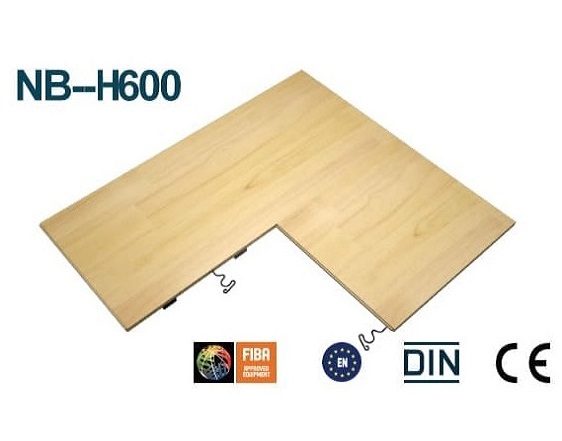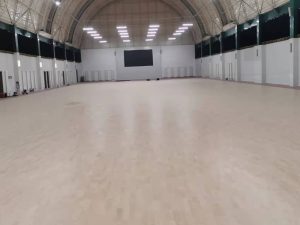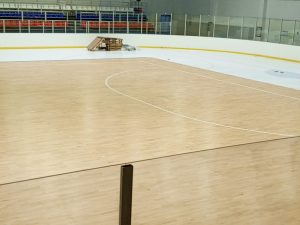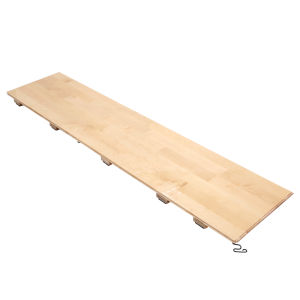Why Tap Dancers Need a Dedicated Surface
Tap dancing is more than movement—it’s rhythm. The clarity of sound, the bounce underfoot, and the feel of the surface are all essential to a dancer’s performance. That’s why having the best portable tap dance floor is crucial for both practice and stage work.
What Makes a Tap Dance Floor “The Best”?
A high-quality tap floor isn’t just about portability. It also needs:
Sound clarity – The right floor enhances tap tones without dulling the sound.
Surface strength – It must endure heel strikes and consistent pressure.
Non-slip backing – Safety is key, especially in temporary setups.
Lightweight construction – So you can take it to class, stage, or events.
Materials and Build
Most of the best portable tap dance floors are made of high-density wood composite or laminated maple, providing that perfect resonance. Some come with rubberized bottoms for added floor protection and stability.
Who Uses Portable Tap Floors?
Solo dancers practicing at home
Dance teachers giving mobile lessons
Stage performers at temporary venues
Schools and theaters setting up temporary dance areas
Whether you’re on the go or just need flexibility in your training space, investing in a portable tap dance floor will improve performance and reduce injury risk.




